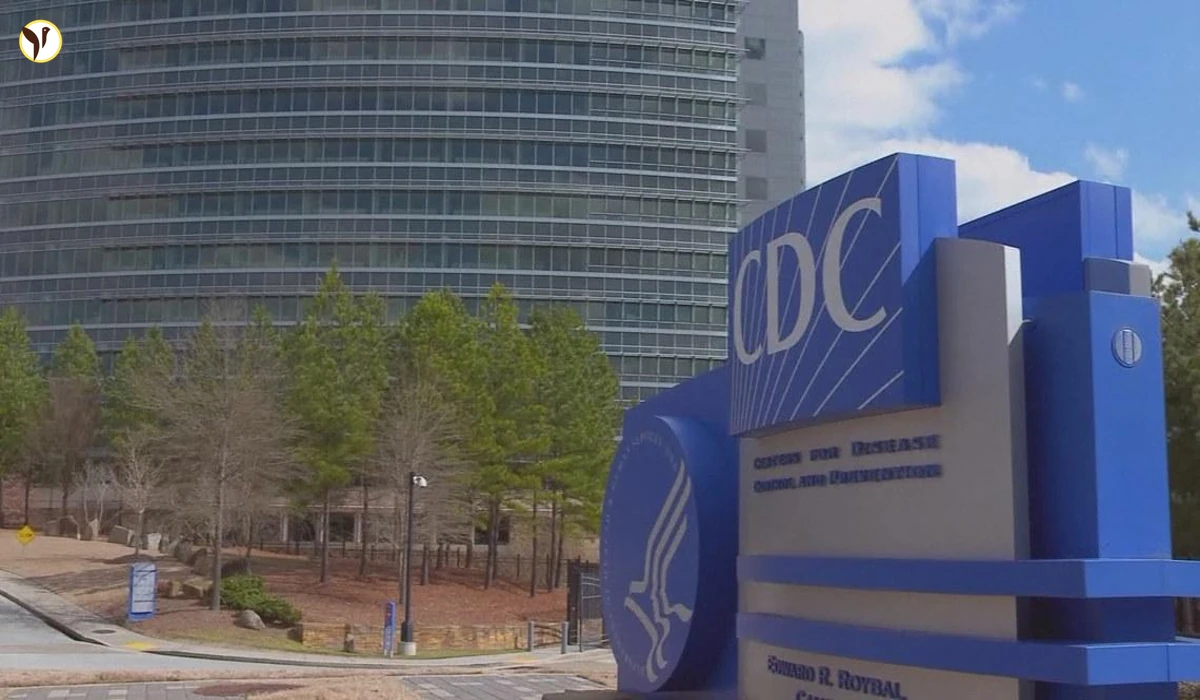Texas Woman Dies After Nasal Rinse With Contaminated Water: The Horror of the Brain-Eating Amoeba
Honestly, this story is chilling. A 71-year-old woman in Texas recently died after a Naegleria fowleri infection, commonly known as the "brain-eating amoeba." It’s a reminder that some dangers are lurking right under our noses—quite literally, in this case. The CDC confirmed the cause of death, and it's a sobering reminder of the importance of water safety.
What Exactly Happened?
This woman, who was otherwise healthy, used tap water from her RV's water system for nasal irrigation—a practice some people use to clear sinuses. Within days, she developed severe symptoms: fever, headaches, and confusion quickly escalating to seizures. Eight days after the initial symptoms appeared, she passed away. It’s incredibly heartbreaking.
Investigators examined her RV and the campsite’s water supply. While they didn’t find the amoeba in water samples, disinfectant levels in the campground's water were lower than recommended. The source of the contamination—the RV's tank or the municipal hookup—couldn't be definitively determined. This uncertainty is deeply unsettling.
Understanding Naegleria fowleri: The Brain-Eating Amoeba
Naegleria fowleri is a single-celled amoeba that thrives in warm freshwater environments like lakes, rivers, and poorly maintained pools. It’s extremely rare to get infected, but when it happens, it's almost always fatal. The amoeba enters the brain through the nose, usually during activities like swimming or, as in this tragic case, nasal irrigation.
Symptoms typically appear within 1 to 12 days and can mimic the flu or meningitis. These include:
- Severe headache
- Fever
- Nausea and vomiting
- Stiff neck
- Changes in smell or taste
As the infection progresses, more severe symptoms like seizures, hallucinations, and coma can occur. The fatality rate is over 97%.
What We Can Learn From This Tragedy
This case underscores several crucial points. First, never use untreated water for nasal irrigation. Always use distilled, sterile, or boiled and cooled tap water. Second, maintain proper sanitation in RV water systems. Third, ensure municipal water systems meet safety standards. It's vital for public health officials to monitor water quality rigorously.
The online conversation following this news has been intense. Many people on Reddit are sharing tips and warnings, emphasizing the importance of using safe water for any nasal procedures. It’s a stark reminder of how vulnerable we are to unseen threats.
Moving Forward: A Call to Action
This heartbreaking event is a wake-up call. While the risk of Naegleria fowleri infection is low, it’s not zero. Let’s learn from this tragedy. Be vigilant about water safety, especially when dealing with freshwater sources or nasal irrigation. This isn't about fear-mongering; it's about responsible awareness and prevention.









